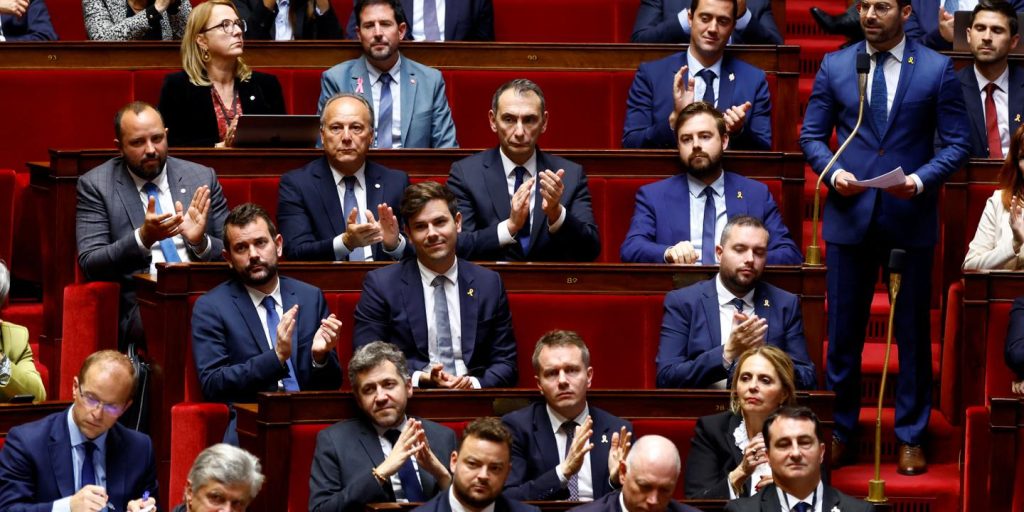The opposition party La France Insoumise (LFI) and their left-wing allies have proposed a tax on the “superprofits” of large companies in order to contribute to the national solidarity fund. This tax, aimed at companies with over 750 million euros in revenue, is intended to target those who have profited excessively during the Covid and energy crises. The tax would apply to profits exceeding 1.25 times the average annual profits from 2017-2019, with rates of 20%, 25%, and 33% imposed on the excess profits.
The proposed amendment, which could potentially bring in 15 billion euros, must still be voted on next week when the State budget for 2025 is examined in Parliament. The Green Party argued that gas companies making over 10 billion euros in profits should contribute to the collective effort, while some conservative and far-right members expressed concerns about driving businesses away from the country. The commission also approved measures to modify the research tax credit (CIR) by converting it into a tax reduction for large companies and limiting it for financial and insurance companies.
In addition to the tax on “superprofits,” the commission also approved increases in local taxes such as the tax on secondary residences and the tax on development collected from construction permits. There was also support for extending the tax on commercial spaces to giant warehouses, with a focus on online e-commerce. However, there was also a proposal for an exemption from property tax for agricultural land beyond what the government had suggested. The ongoing discussions would include over 400 amendments to be reviewed before debates in the Parliament starting on Monday.
Overall, the proposed tax on “superprofits” of large companies, along with other modifications to tax credits and local taxes, aims to redistribute wealth and support national solidarity efforts in response to economic challenges.


